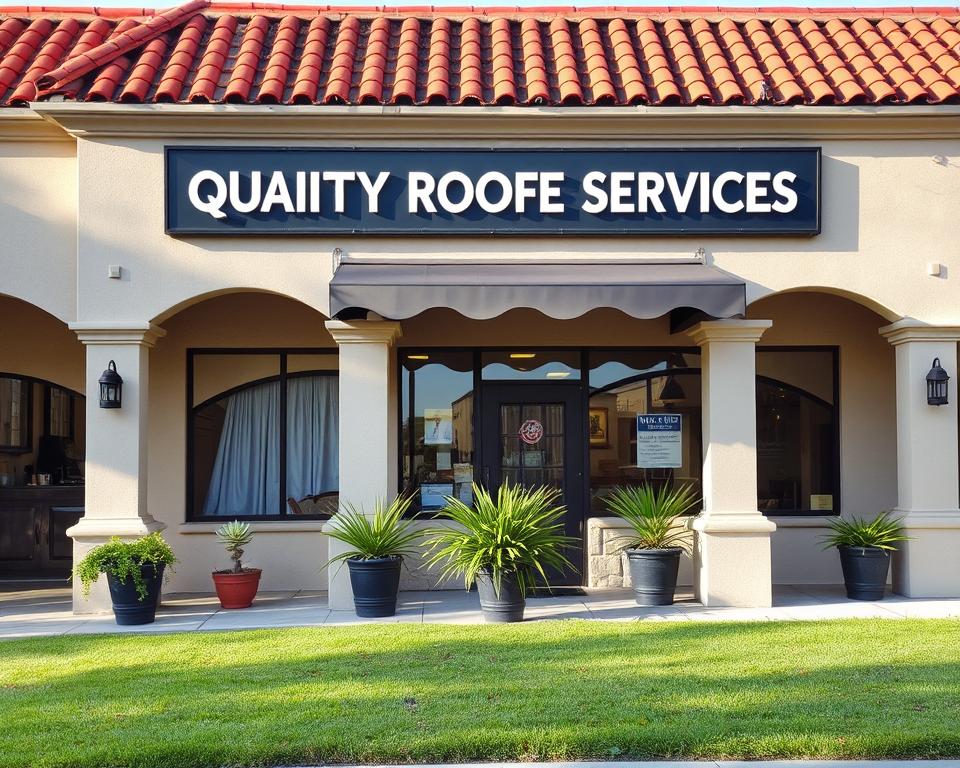Your One-Stop Guide to GiftCardMall.com’s MyGift Visa Gift Cards
Prepaid cards have reshaped the way we approach giving presents, delivering flexibility and practicality for both senders and recipients. Out of the countless choices currently offered, GiftCardMall’s MyGift Visa takes center stage as a broad-use selection that merits consideration. This exhaustive walk-through will take you through every facet you ought to know about these favorite giftcardmall.com/mygift activate, covering their key specs to real-world applications and possible caveats.
What Are MyGift Visa Cards?
MyGift Visa gift cards are stored-value debit-style cards available through GiftCardMall.com that function much like classic Visa check cards. In contrast to retailer-only gift cards, these work nearly at any spot that honors Visa payments—both on the internet and in retail outlets across the nation. They ship with a fixed balance decided by the buyer and can be customized with bespoke imagery and notes.
Major attributes comprise:
- Accepted at a vast network of stores worldwide where Visa plastic are supported
- Sold in several funding levels to suit financial limits
- Design-flexible with family snapshots or template styles
- No need for credit reports or savings accounts to spend
- Comes with consumer coverages comparable with traditional Visa cards
GiftCardMall.com Overview
GiftCardMall.com is a leading internet storefront focused on gift cards for a wide variety of stores, restaurants, and events. It functions as a unified platform, allowing buyers to buy hard-copy or digital gift cards from dozens of merchants, often including major retailers like Tar-jay, Amazon.com, Home Depot, and familiar food franchises. Along with merchant-specific cards, GiftCardMall.com also features network-branded prepaid cards, such as those branded by Visa and Mastercard. This presents a central option for givers wanting gifting ideas or personal budgeting methods for tracking personal expenses. Their portal usually features flexible price points and occasionally allows for tailored designs, making it a convenient option for both personal gifts and corporate rewards.
Breaking Down the MyGift-branded Visa
The MyGift prepaid Visa found at GiftCardMall.com is essentially a cash-value card running on the Visa scheme. Separate from a traditional credit card, it comes pre-loaded with a set amount of money chosen at the time of purchase. It is not attached to a bank account and, generally, isn’t reloadable once the original load are exhausted.
Essential traits include:
- Loaded Value: The funds is locked from the start. You can only draw up to the amount placed on the card.
- Visa Backing: It features the Visa logo, meaning it’s good almost everywhere Visa debit cards are accepted within the United States (online, in-store, and over the phone).
- Financial Institution: These cards are put out by a regulated bank (often banks like Bancorp Bank or Sunrise Banks, N.A., Members FDIC, as per regulatory requirements). The stated issuer is often found on the back of the card.
- One-Time Load: Generally speaking, these plastics of the MyGift Visa are nonrefillable plastics. Once the balance is zero, the card is inactive.
Main Advantages and Perks
The MyGift Visa Gift Card delivers plenty of positives, thereby making it a widely chosen choice:
- Universal Acceptance (within the US): The top perk is its far-reaching utility. Rather than store-specific cards, the recipient isn’t locked into one merchant. They can spend it at grocery stores, fuel pumps, restaurants, e-commerce portals, small shops – virtually anywhere Visa debit is taken in the US.
- User Freedom: It offers the recipient the freedom to choose precisely what they desire, eliminating the risk for the giver.
- Simple for the Purchaser: Purchasing www.giftcardmail/mygift is straightforward via the GiftCardMall.com website. Cards can typically be shipped directly to the recipient.
- Expense Control: For self-use, it can serve as a way to allocate particular cash for a particular spending category (e.g., entertainment, online shopping) without touching a primary bank account.
- Safety over Cash: If misplaced or taken, a signed-up card may offer certain remedies (check terms and conditions). It’s widely seen as more secure than pocketing a big stash of bills.
- Universal Present: Birthdays, festive seasons, commencement, thank-you gestures, staff incentives – the MyGift Visa suits almost any gifting scenario.

Acquisition & Activation
Securing and activating a MyGift Visa for use requires a quick series:
- Acquire:
- Go to GiftCardMall.com.
- Pick the Visa Gift Card page, commonly seeing specific options like “MyGift.”
- Opt for the needed denomination (e.g., $25, $50, $100, variable load up to a certain limit).
- Drop it in your shopping bag. Note that there is typically a purchase fee tied to buying these all-use cards, which pays for activation and processing. This fee is typically tacked onto the card’s face value.
- Proceed to checkout, entering payment information and shipping details (for physical cards) or email details (for e-gift cards, if offered under this specific branding).
- Enable the Card:
- Physical cards typically call for activation upon receipt for security reasons.
- Activation is normally completed online via a designated link found on the card’s sticker or packaging, or sometimes via a toll-free phone number.
- You’ll likely need to input the card number, expiration date, and the 3-digit CVV code found on the back.
- Some activations might ask for basic personal information (like ZIP code) for verification and potentially to enable online purchases. Pay close attention to the directions.
Spending with MyGift
Once ready, spending the card is pretty clear-cut:
- In-Store Purchases: Tap, swipe, or insert the card like any other bank card. Because these cards often have no a PIN initially, you should opt for credit when prompted by the payment terminal. The transaction amount will be removed from the card’s balance.
- Buying Online: Type the card number, expiration date, and CVV code in the payment section of the website. Double-check you have registered the card with your ZIP code if required by the merchant for address verification (AVS).
- Balance Inquiry: It’s key to monitor the remaining balance. This can often be done via the website shown on the back of the card or by contacting the customer service number. Knowing your balance keeps purchases smooth.
- Split Payments: If your purchase total is more than the card’s balance, you’ll need to inform the cashier before paying. Ask them to use the card’s entire balance from the mygift first, and then pay the remainder using another payment method (cash, debit, credit). Not all merchants can easily process split tender transactions, especially online.
- Service Stations: It’s commonly suggested to pay inside the station rather than at the pump. Paying at the pump can set a pre-authorization hold (e.g., $50-$100) that might temporarily exceed the card’s balance or block funds for several days.
Caveats & Drawbacks
While adaptable, users should be alert to certain elements:
- Buying Charges: As mentioned, an activation or purchase fee is typical for these types of cards.
- Regional Boundaries: MyGift Visa cards are generally intended for use within the United States only. They typically cannot be used for international transactions.
- Cashless Access: These are non-bank debit linked to a bank account. You cannot use them to withdraw cash from ATMs or get cash back during a purchase.
- Idle Penalties: Some gift cards may begin applying monthly inactivity fees if the card is idle for an extended period (often 12 months). Review the terms and conditions on the card packaging or issuer’s website.
- Expiration Date: The card will have an expiration date. While the funds might not expire (depending on state laws and issuer policies, funds might be reclaimable), the plastic card itself becomes unusable after its expiration date. Call customer service before expiry if you still have a balance.
- Authorization Holds: Similar to gas stations, hotels and car rental agencies often place pre-authorization holds that can exceed the card’s balance or block the full amount, making it unavailable for other purchases until the final charge is processed. It’s usually wiser to use a traditional credit card for these types of reservations.
- Product Returns: If you send back a product purchased with a MyGift Visa, the refund will normally be credited back to the card. Save the card until you are certain you won’t need to return any purchases made with it.
In Summary
The GiftCardMall.com MyGift Visa Gift Card delivers a compelling blend of simplicity and adaptability, making it an smart selection for gifting when you want to provide the recipient with wide spending ability. Its integration into the large Visa network within the US secures it can be used for a huge spectrum of goods and services, from routine needs to luxury splurges. However, future owners should be alert to activation charges, the lack of global support, the no ATM capability, and the necessity of balance checks. By appreciating its specs and drawbacks, the MyGift Visa can be leveraged well as a useful and welcome present or a self-budget device, capturing the modern preference for choice and smoothness in financial transactions.









